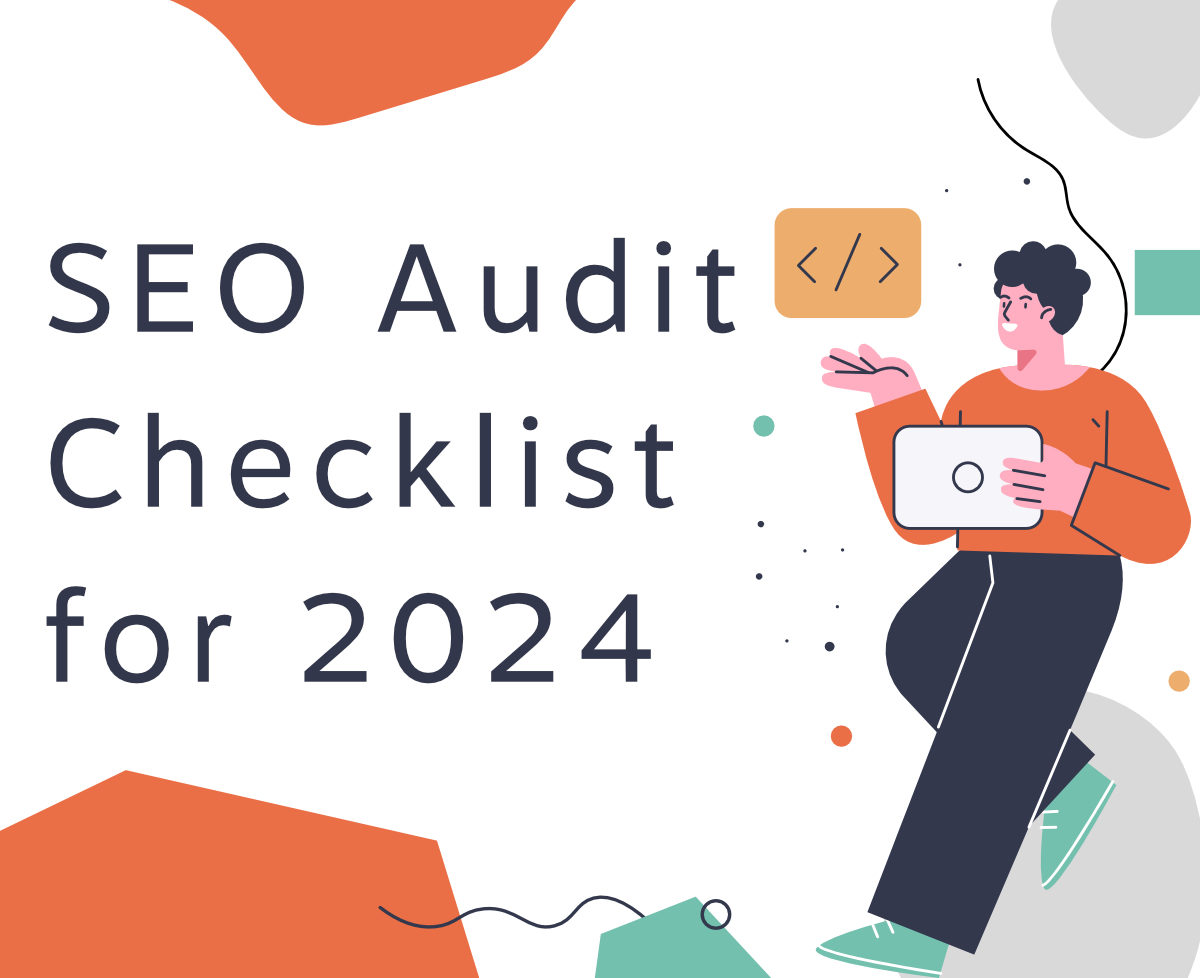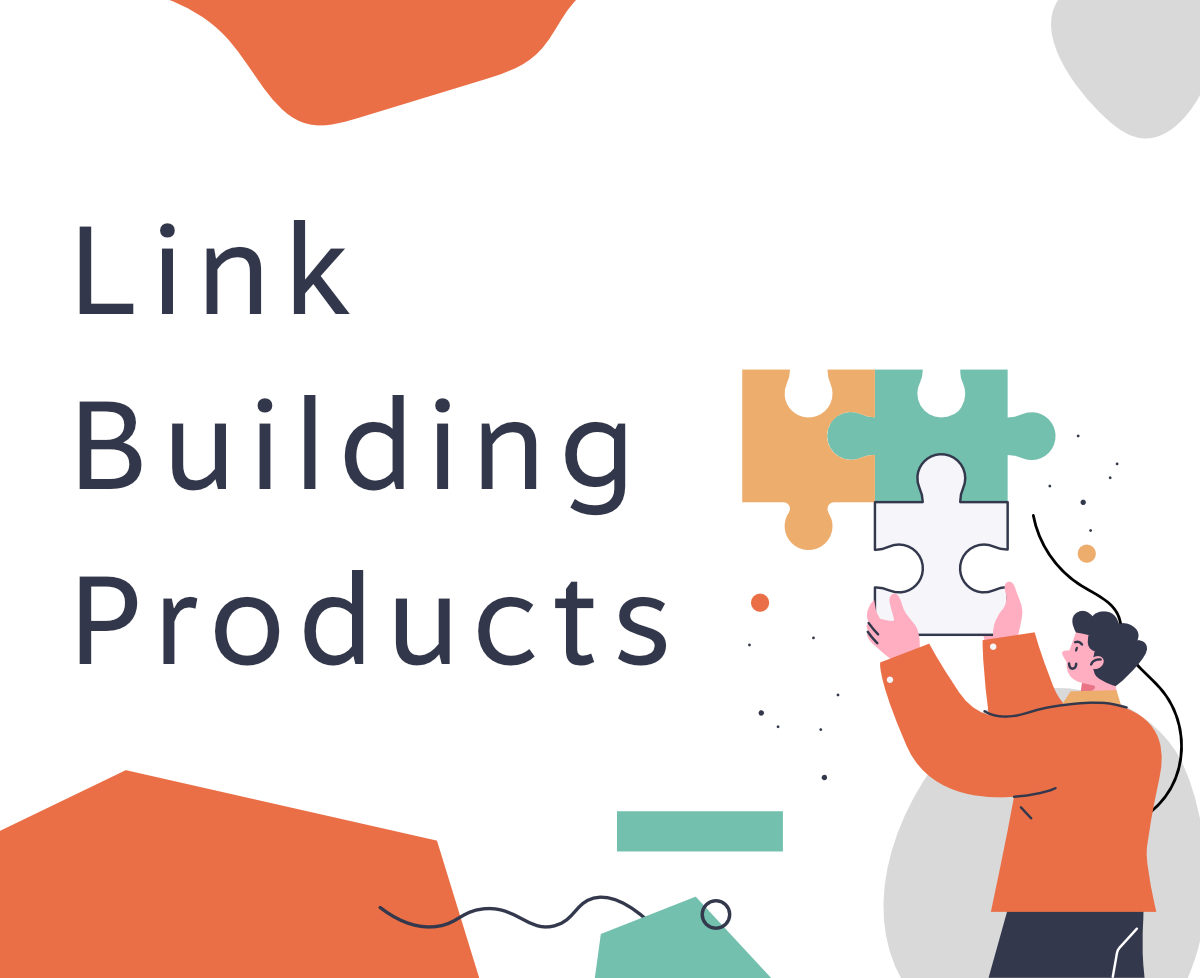AdWords is a great source of new leads for all kinds of business, but it can also be a complicated system that takes a great deal of effort to build success with.
Google makes it incredibly easy to get started with AdWords – just enter your credit card information, choose some keywords, put them into your ad, and away you go! However, no successful campaign was ever created in just a few minutes.
Here are our 5 Simple Tips to Improve your AdWords Campaign to increase your web traffic.
Keyword Research
Tools, such as Google’s free AdWords Keyword Planner, are the key to getting your advertisement’s content right. Start by creating your own list of keywords you think are relevant to your industry. Make sure you select general keywords about what you do – like ‘IT Support’ – as well as keywords that describe how you do it – like ‘Cloud Backup Solutions’.
Put your list into the Keyword Planner and you’ll get an expanded list of keywords along with data on how often people search for them and how many competitors are also targeting those keywords. Carefully review the expanded list and eliminate irrelevant keywords.
Utilise the different match types
Broad Match Type – Broad match is the default match type and the one that reaches the widest audience. When using broad match, your ad is eligible to appear whenever a user’s search query includes any word in your key phrase, in any order. For example, if you use broad match on “luxury car,” your ad might be displayed if a user types “luxury cars,” “fast cars,” or “luxury apartments.” Google may also match your ad to queries using synonyms – for example, your ad might display when someone searches for “expensive vehicles,” which doesn’t include any of the terms in your keyword.
Broad Match Modifier – Broad match modifiers can be great for when you’re starting out, but it can be costly. To use modifiers, add ‘+’ before each keyword. As an example, if you’re a plumber that wants to promote boiler installations, you should type ‘+boiler +installations’. This means that no matter what, as long as those two words are entered in a search query, you’ll display for these searches.
Phrase Match – Phrase match is another option. Enable phrase match by typing ” before and after your keyword(s). For example “boiler installation”. This will enable you to show for close variants of a keyword such as ‘boiler installations’ (plural) or ‘boiler install’.
Exact Match – Exact match does what it says on the tin. You’ll appear only if someone enters that exact query. To use exact match, use ‘[‘ before and ‘]’ after the keyword(s). An example would be [boiler installation].

Search Terms and Negative Keyword
Search Terms – Once you’ve set up a mixture of the above keyword match types, you’ll be able to see exactly what people have typed in during a search query. Under the keywords tab, select ‘search terms’. You can then add these to your campaign as exact match keywords to increase coverage and decrease costs. You can also add some queries that may have been irrelevant to you as a negative keyword.
Negative Keywords – The importance of negative keywords can’t be stressed enough. They stop you from showing for queries that you don’t want to appear for. If you have a broad match modified keyword for ‘+install’, you will appear for ‘how to install a boiler’. A click from this query won’t result in a conversion but will have cost you money.
Organise similar keywords into campaigns and ad groups
Don’t just copy and paste your list of keywords into on AdWords bucket. You need to organise them into campaigns and ad groups. For Example, IT Consulting, IT Consulting Services and IT Consulting Companies should all be in the same ad group, whereas Cloud Service Provider would be in another. Segmenting your keywords like this will make it much easier to analyse your data later.
Create ad text specific to keywords within an ad group
Each ad group should have at least one ad text that specifically mentions that topic of that ad group. This will improve your ad quality score (a metric measured by Google) and will allow the searcher to easily connect your ad to their search phrase.
Conclusion
Improving your Google AdWords is an ongoing task, but the rewards can be worth the effort. You should aim to improve different aspects of your campaign on a weekly basis and continually test everything. We hope these tips result in more leads for you and your business!
Why not check out our other blog posts to Reduce Your Website’s Page Loading Speed or our 3 Quick and Easy SEO Tips for Better Google Rankings.





